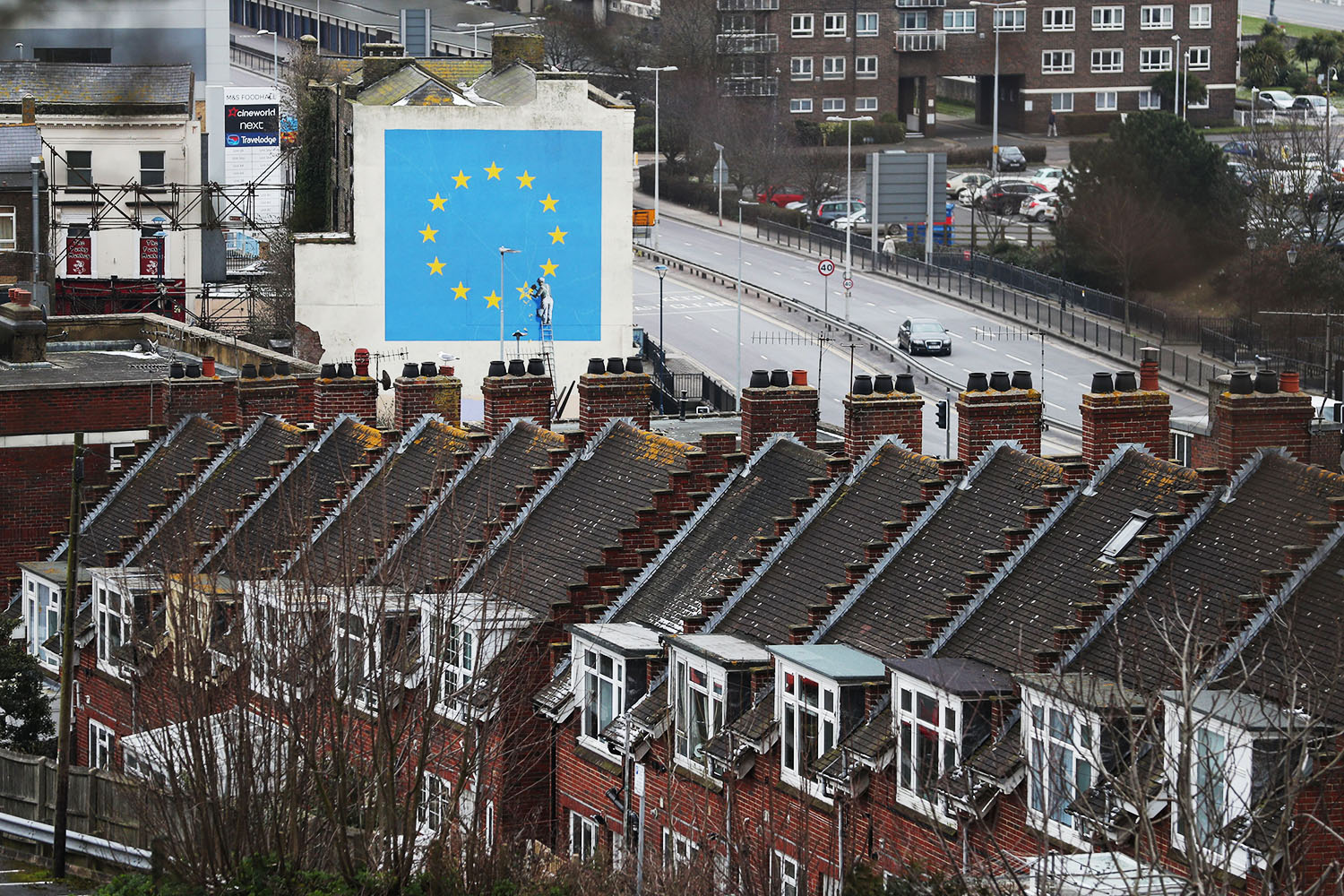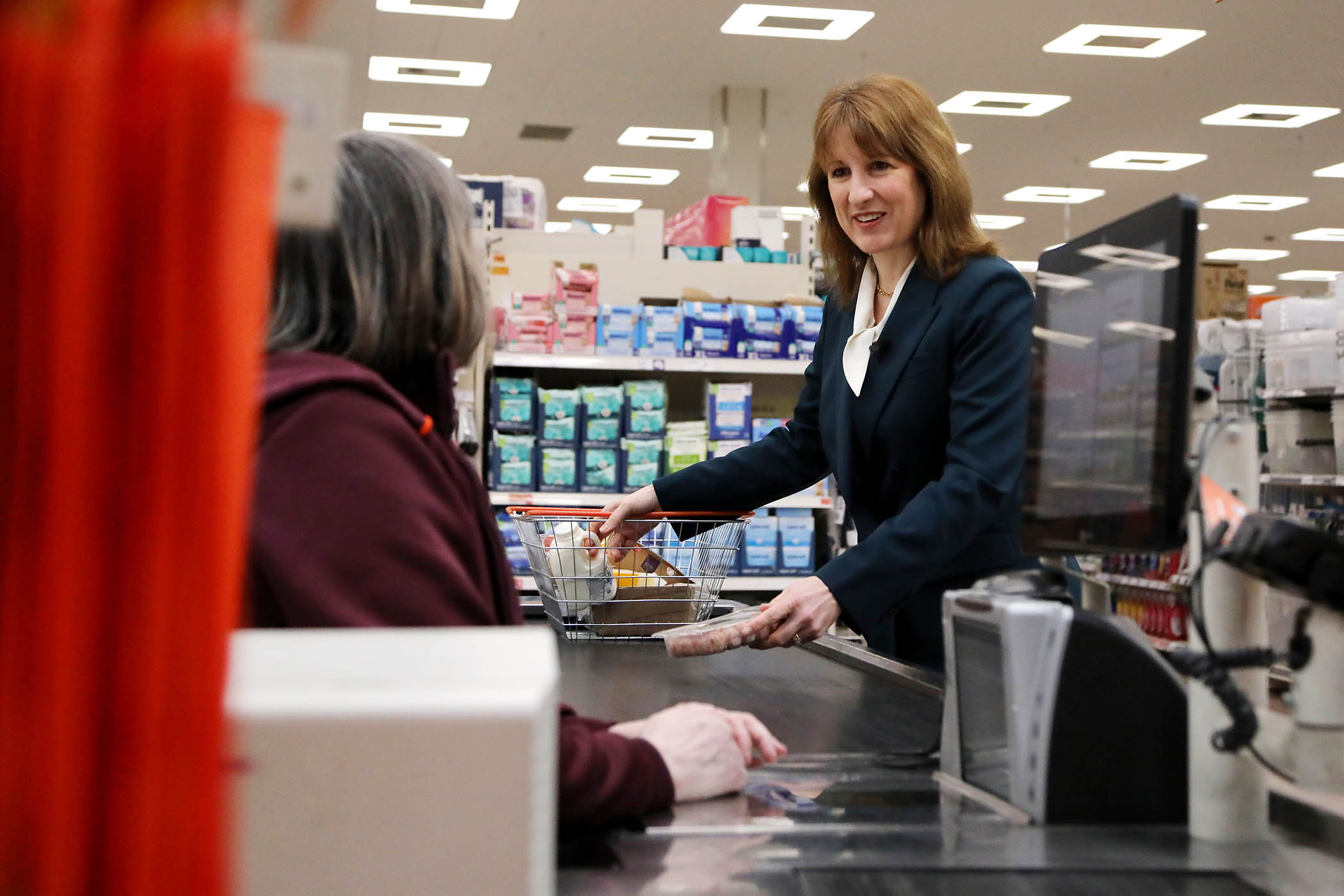After that triumphant Test match at Lord’s, I treated myself to a taxi home. Being an old-fashioned journalist, I asked the driver how business was. “Not good,” he said. “Most of my clients are rich and a lot are leaving London.”
“Fear of a wealth tax?” I asked. “No, guv. Crime.”
I raise this because such concern coincides with the burgeoning debate about taxation and, let’s face it, the need to do something about the way our public services seem to be crumbling. They need to be financed to help the police to catch criminals, for instance.
I was particularly struck by the contrast in recent pronouncements on taxation from two leading experts: Richard Hughes, head of the Office for Budget Responsibility (OBR), and Paul Johnson, who is retiring after a long stint as director of the Institute for Fiscal Studies.
Both have been warning for some time about the strains on the public sector and the implication that taxes will have to rise, notwithstanding Rachel Reeves’s rash commitments to eschew increases in income tax, VAT and national insurance contributions. Hughes pointedly warned the chancellor that higher and higher taxes are bad for growth – the petard to which Reeves has hitched her reputation.
It is important here to distinguish between taxation to finance public services and changes in levels of taxation to control the level of demand – namely, spending – in the economy. Demand management, as economists refer to it, is used to influence the level of unemployment (rising at present) and inflation (also rising for the moment). In recent decades this has increasingly been done by monetary policy – for example, changes in interest rates.
Higher taxes to finance public service investments ought to help improve the UK’s rising rate of unemployment
Higher taxes to finance public service investments ought to help improve the UK’s rising rate of unemployment
Taken by themselves, higher taxes at a time when unemployment is rising are certainly bad for growth. But higher taxes to finance investment in public services ought to improve it.
Much of recent economic commentary agonises about the putatively high level of taxation in the UK as a proportion of gross domestic product (GDP) – about 37.5%. But this is much lower than in most EU countries, where public services are generally more impressive than here. An International Monetary Fund study indicates that only Switzerland (not a member of the EU) has a lower proportion of taxation to GDP.
Of course politicians are reluctant to raise taxes, especially the unpopular ones. For instance, analysts have pointed out that in “real terms” (after allowing for inflation) taxes on petrol are at their lowest level since March 2009 amid a global oil glut. But raising levies on motorists remains a political taboo.
So what are the levers Reeves can pull to boost economic growth? Her latest wheeze, unveiled in the annual Mansion House speech last week, is to cut red tape and relax banking regulation to encourage greater risk-taking.
Newsletters
Choose the newsletters you want to receive
View more
For information about how The Observer protects your data, read our Privacy Policy
I fear that in this endeavour Reeves evokes echoes of the Bourbon kings, of whom it was said they “had learned nothing and forgot nothing”.
She will probably not have experienced the secondary banking crisis of the 1970s (I did). But she must surely know about the causes (deregulation) and consequences (still with us) of the 2008 financial crisis. In these circumstances, singing the praises of deregulation in the patriotic interest of economic growth is what Samuel Johnson would have called “the last refuge of a scoundrel”.
To galvanise economic growth, we need to go back to the European single market and customs union. I have a hunch that even the mere announcement that the prime minister and chancellor were changing their minds on this would lift those animal spirits of businessmen.
Photograph by Daniel Leal/AFP via Getty



